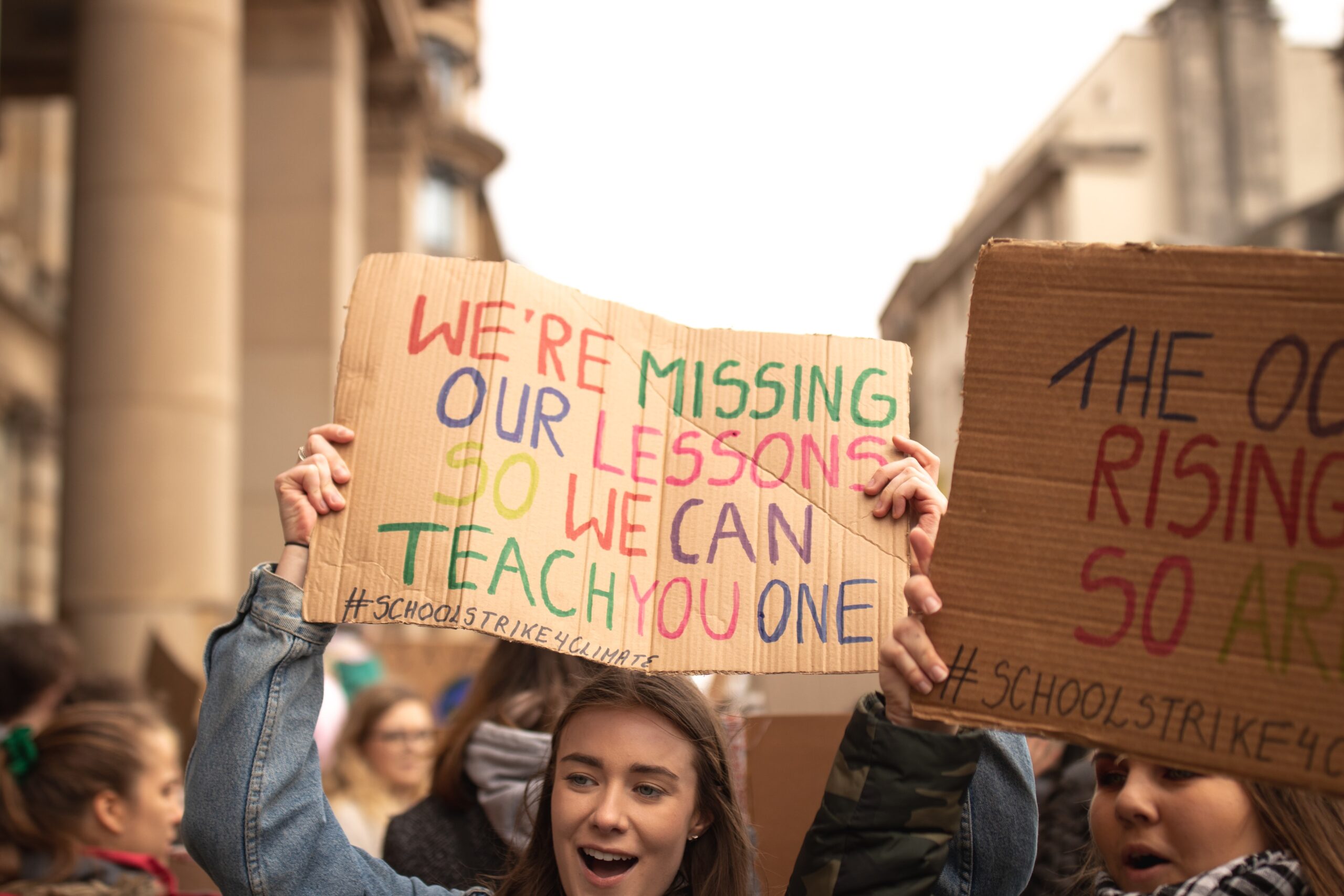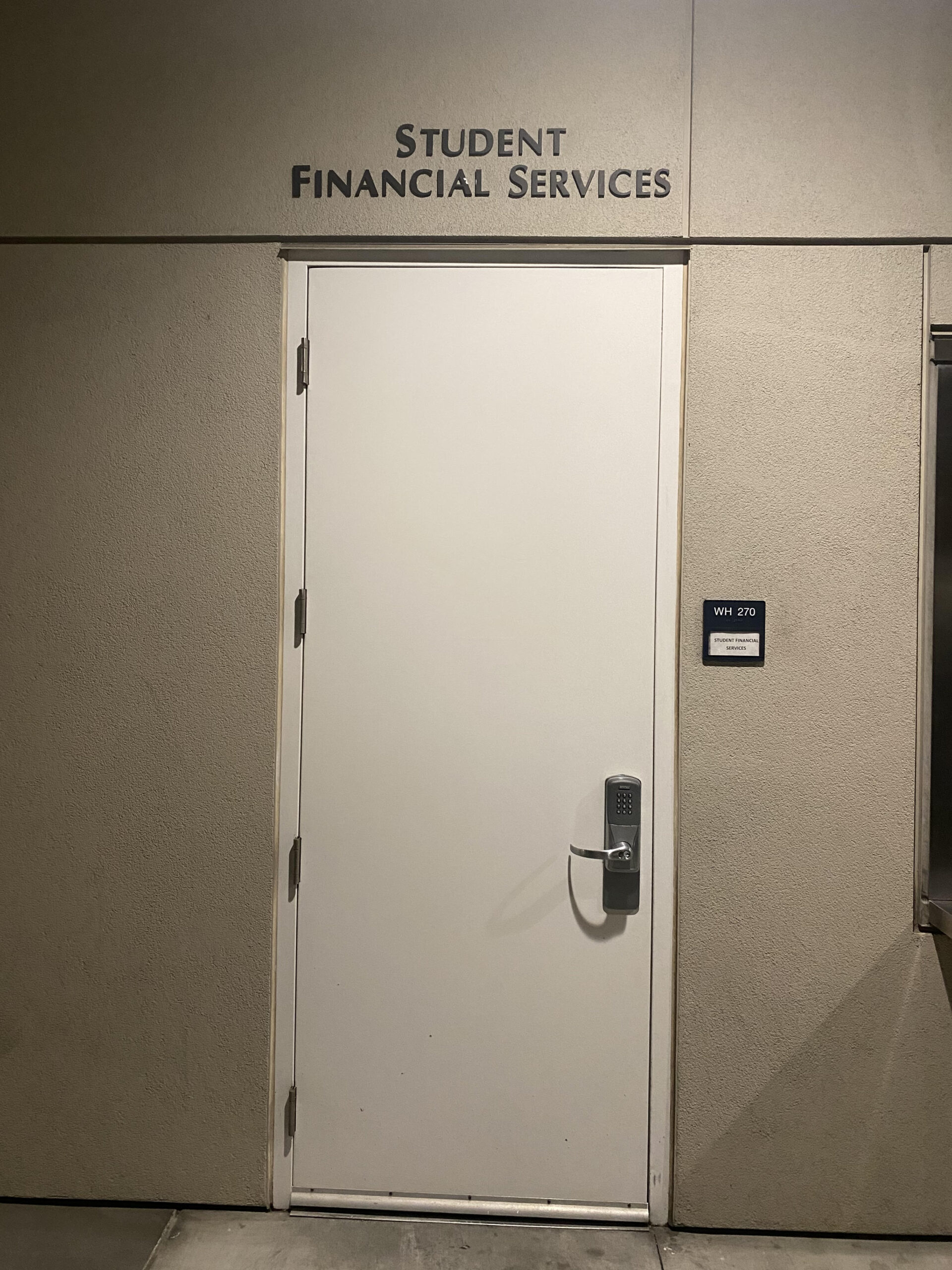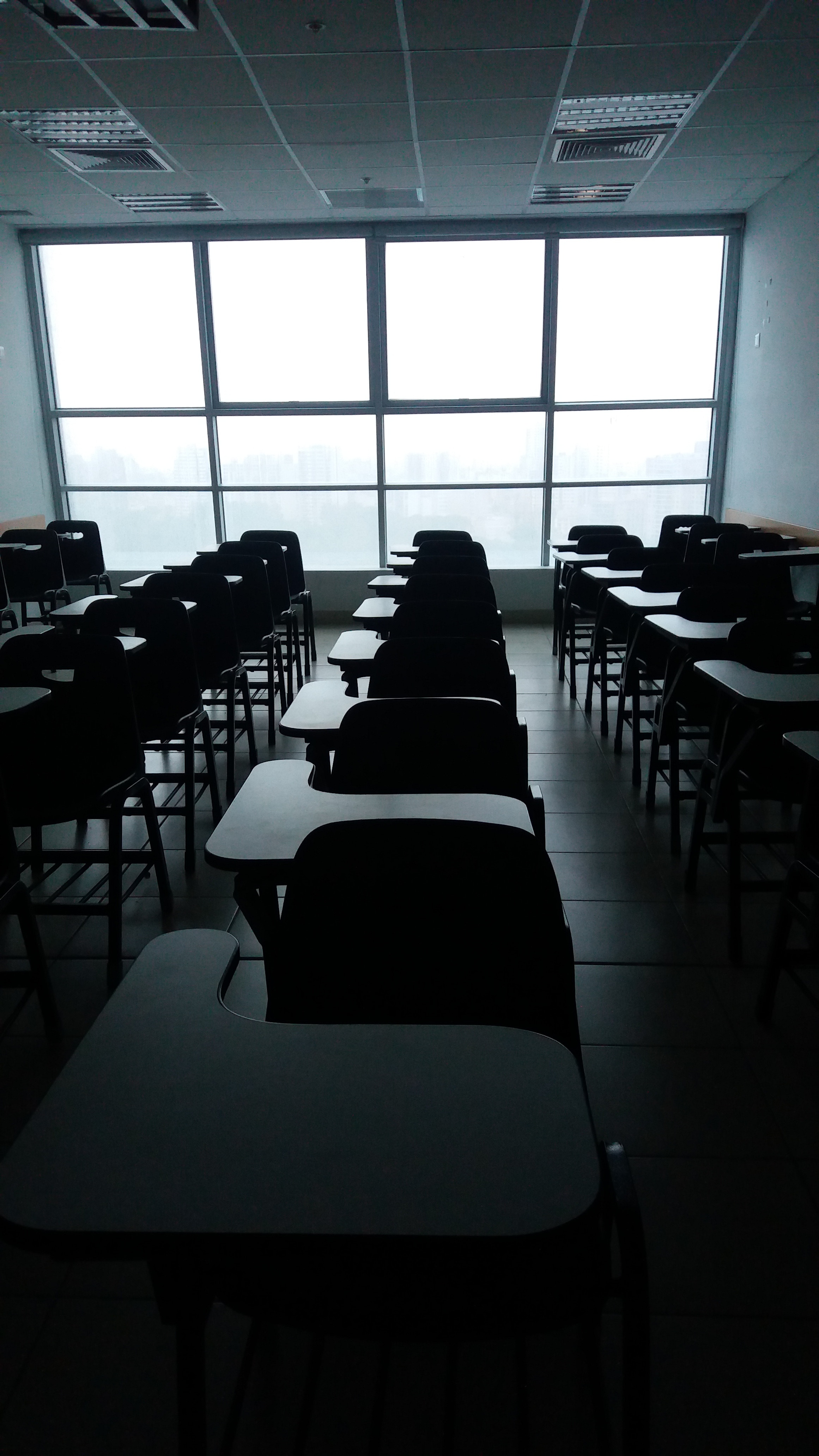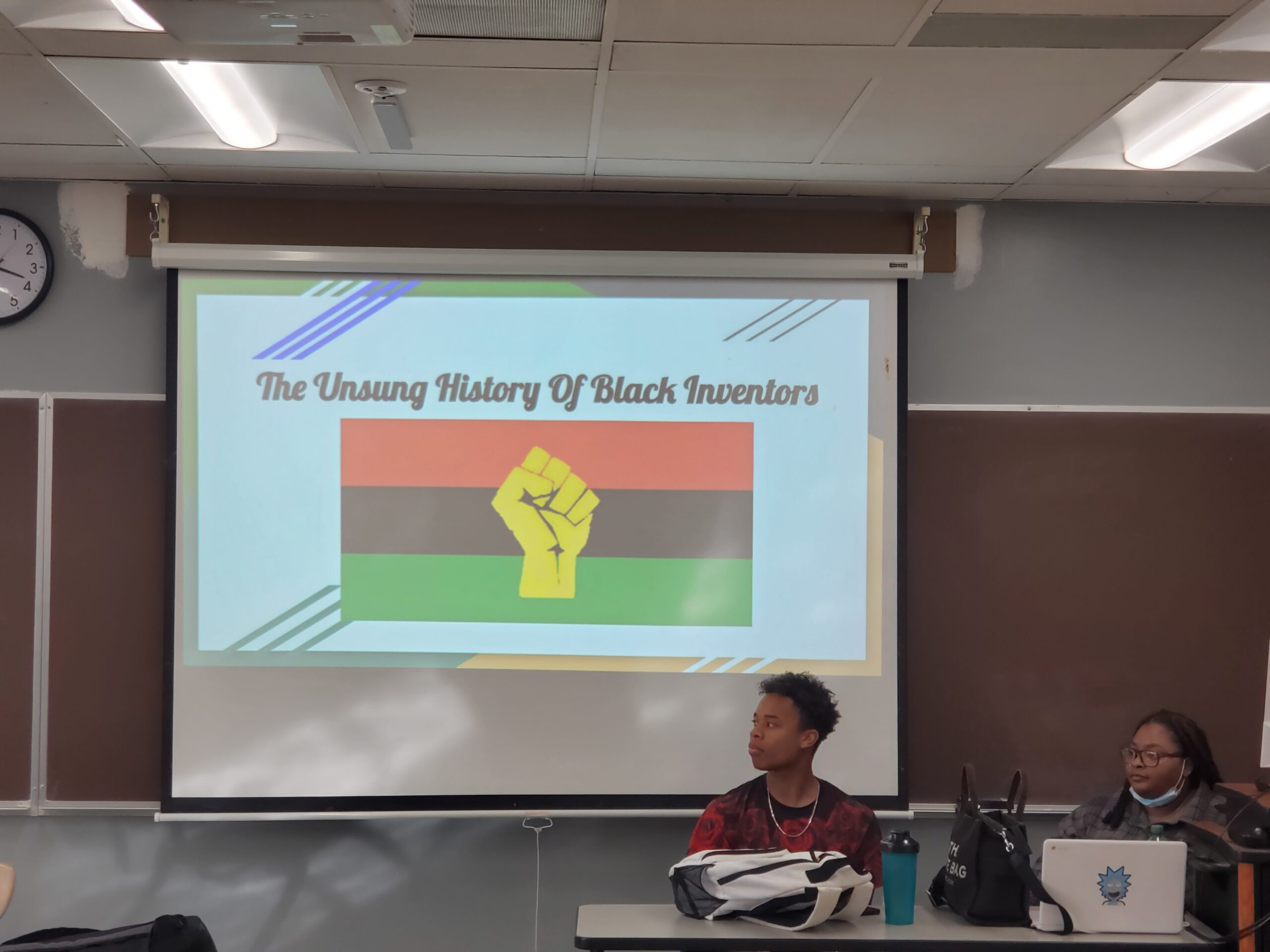Photo by Callum Shaw for Unsplash.
By Robert Rios, Campus Editor
The two-day Twitter-spawned grassroots event #ScholarStrike, in which some 6,000 faculty members across the country are shifting the focus of their classes to teach-ins centered on issues of social justice and anti-racism is being felt at California State University, Dominguez Hills.
The event’s organizers put out a call Aug. 26 to faculty across the country to withhold their labor yesterday and today in order to bring attention to state violence against people of color. But rather than a general strike, in which faculty members would not report to work, #ScholarStrike is more of a teaching moment, in which instructors would open up their classes to conversations about how violence may be affecting their communities, as well as to exam
CSUDH faculty members were not required to participate and there were no confirmed numbers who did yesterday or may tomorrow. In an Instagram poll on the Bulletin’s Instagram story story yesterday, 61 percent of those who responded (20 out of 33) said their instructors had not modified their classes.
One who did was -Jessica Conte, who teaches Asian Pacific studies,
“As a scholar, educator and also somebody here at the Cal State, I feel it’s important to support social justice given the legacy of killings of POC at the hands of police and other forms of state violence against especially with Black people,” Conte said. “Given the recent killings, it is integral for us to stand in solidarity with those who are fighting against this and also to educate ourselves and our students about this legacy of racism.”
This idea of having teach-ins all started on Aug. 26 when #ScholarStrike went viral on Twitter after Anthea Butler, an associate professor of religious studies and Africana studies at the University of Pennsylvania felt compelled to speak about the boycott of NBA players that day in protests over the death of Jacob Blake.
“I would be down as a professor to follow the NBA and Strike for a few days to protest police violence in America,” Butler tweeted.
By Aug. 28, an online form for instructors to say they would participate had been signed by 600 professors, By Sept. 4, the number was 5,000.
Last Friday, CSUDH Provost Michael E. Spagna and Academic Senate Chair Laura Talamante o-authored a statement to CSUDH faculty in support of #ScholarStrike.
“As a minority-serving institution founded on social justice, CSU Dominguez Hills is uniquely positioned to take a leadership role in anti-racism education and activism, and lend the full weight of our scholarship and teaching to this work,” Spagna and Talamante wrote. “We oppose police brutality, hate crimes, and violence of all forms against people of color, period.”
Spagna and Talamantes’ message followed an email announcement from the California Faculty Association (CFA) who also showed the same sentiment, although faculty are under contract and must abstain from striking or supporting an actual work stoppage as part of the current collective bargaining agreement. With support from the CFA, they suggest its members teach classes, but “refrain from other work in order to bring focus to the time we’re living in.”
In at least one class yesterday, a cultural pluralism course taught by Dr. Samila Aminy Raouf Poor, she encouraged students to express their opinions, conversations grew intense, leading Amanyraoufpoof to stress open-mindedness and empathy.
“Let’s be compassionate,” she said. “I think this country has a lot of things (but) lacks one important thing, and that’s compassion,” she said. “A majority of people in this country, they do lack compassion a lot. Let’s be compassionate to our friends, family, colleagues and people in this country’s experiences. …We can listen to them, have a high emotional intelligence IQ, which means you respect, you’ll understand the pain of others as much as they felt it.”
Christy Van der Herst had an anthropology class yesterday in which her professor spent the first 30 minutes talking about race in relation to anthropology.
“She mainly highlighted how race was a construct invented by people to create differences and that there are no real races,” Van der Herst said. “She also noted that humankind is much more similar and closer in relation to each other than one would first expect.
“I found it refreshing to have the class reference race and like how it was tied to our class learning. However, I would have wished that more time would have been taken to actually speak on Black Lives Matter, Jacob Blake, and the real-time actions that are happening to cause the strike.”
Matthew McGarvey, a professor in the Humanities department, has already been active by helping organize events off campus in Long Beach and is encouraging his classes to attend which he hopes they do with the links he has sent them.
“Especially at Dominguez Hills, I know that very many students have regular contact with police who single them out, pull them over, and treat them poorly on the basis of their ethnicity, and probably also because of their perceived economic status,” said McGarvey. “Most students I know have some experience or other of policing being aimed at them violently and unjustly….I don’t think it would be ethical for us to allow all this police violence to occur, and all of the protest in reply, without establishing our solidarity with the people affected–people with whom we work every day–not only students, but staff and teachers of color too. I agree that being silent is being complicit. I want to use our time and energy to build the solution. I’m not satisfied that others will take care of it for us.”



